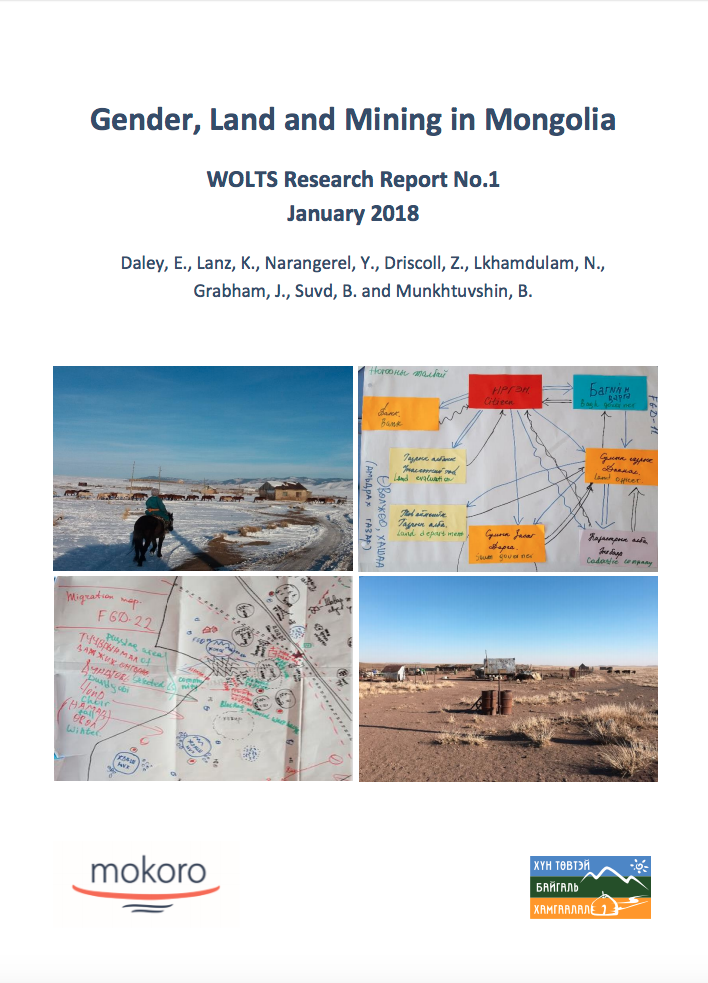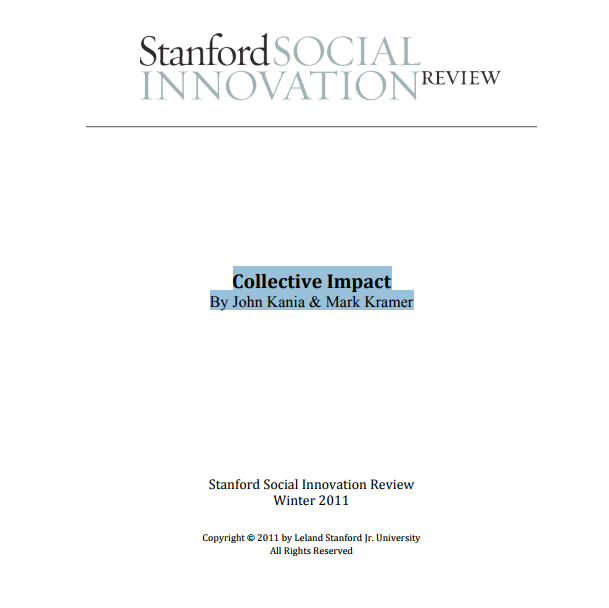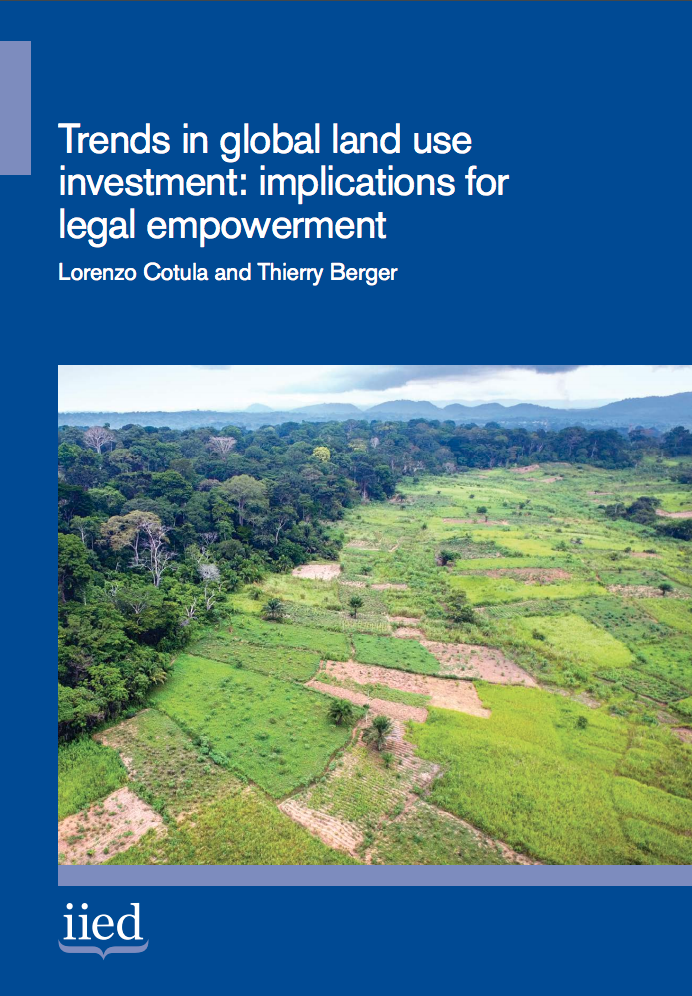Weaving threads into cloth: integrated research for agricultural development
International Conference on Amazonian Agriculture and Land Use Research (1, 1980, Cali, Colombia). Amazonia: agriculture and land use research: Proceedings
Gender, Land and Mining in Mongolia
Mokoro’s practical and action-oriented long-term strategic research project, the Women’s Land Tenure Security Project (WOLTS), is piloting its methodology through a ‘Study on the threats to women’s land tenure security in Mongolia and Tanzania’.
Collective Impact
Large-scale social change requires broad cross-sector coordination, yet the social sector remains focused on the isolated intervention of individual organizations.
An International Terminology for Grazing Lands and Grazing Animals
In 1991, Terminology for Grazing Lands and Grazing Animals was published with the objective of ‘developing a consensus of clear definitions of terms used in the grazing of animals.’ This first effort involved primarily organizations and agencies within the USA but included representation from New Zealand and Australia. It was the intent from the beginning to expand this to a truly international effort at a later date.
Trends in global land use investment: implications for legal empowerment
From the mid-2000s, a commodity boom underpinned a wave of land use investments in low- and middle-income countries. While agribusiness, mining and petroleum concessions often involve promises of jobs and public revenues, they have also prompted concerns about land dispossession, exclusionary investment models and infringements of the rights of vulnerable groups.
Land Use Dynamics of Drove Roads: The Case of Tratturo Castel di Sangro-Lucera (Molise, Italy)
Organized transhumant pastoralism has contributed to shaping the cultural landscape of many countries. It has affected areas designated for grazing, temporary and permanent shelters, and towns. Through the analysis of historical maps and recent information, in a temporal range from 1652 to 2014, this study focused on changes in land cover and conservation status of one of the main Italian transhumance paths, namely the Tratturo Castel di Sangro-Lucera. Although there are some areas where this drove road is still recognizable, it is mostly identifiable only through a few tangible signs.
Effect of Land Use Change on Soil Carbon Storage over the Last 40 Years in the Shi Yang River Basin, China
Accounting for one quarter of China’s land area, the endorheic Shiyang River basin is a vast semi-arid to arid region in China’s northwest. Exploring the impact of changes in land use on this arid area’s carbon budget under global warming is a key component to global climate change research. Variation in the region’s soil carbon storage due to land use changes occurring between 1973 and 2012 was estimated. The results show that land use change has a significant impact on the soil carbon budget, with soil carbon storage having decreased by 3.89 Tg between 1973 and 2012.
Urban Land Cover Change in Ecologically Fragile Environments: The Case of the Galapagos Islands
The Galapagos Islands are a unique sanctuary for wildlife and have gone through a fluctuating process of urbanization in the three main inhabited islands. Despite being colonized since the 1800s, it is during the last 25 years that a dramatic increase in population has been observed. Analyzing impervious surface change over this period in an ecologically fragile environment is a challenging task, thus two methods that have been widely employed in studying urban environments were compared in this study: sub-pixel using spectral mixture analyses (SMA) and object-based classification.
Chiefs in a Democracy: A Case Study of the ‘New’ Systems of Regulating Firewood Harvesting in Post-Apartheid South Africa
Much of the international commons literature reveals a decreased functioning of local traditional institutions that regulate natural resource harvesting. In South Africa, it is believed that the creation of new democratic structures at the end of Apartheid has contributed significantly to the deterioration in traditional resource regulation and this in turn has led to the extensive resource degradation seen in parts of the country. Many of these assertions, though, remain anecdotal in nature.








